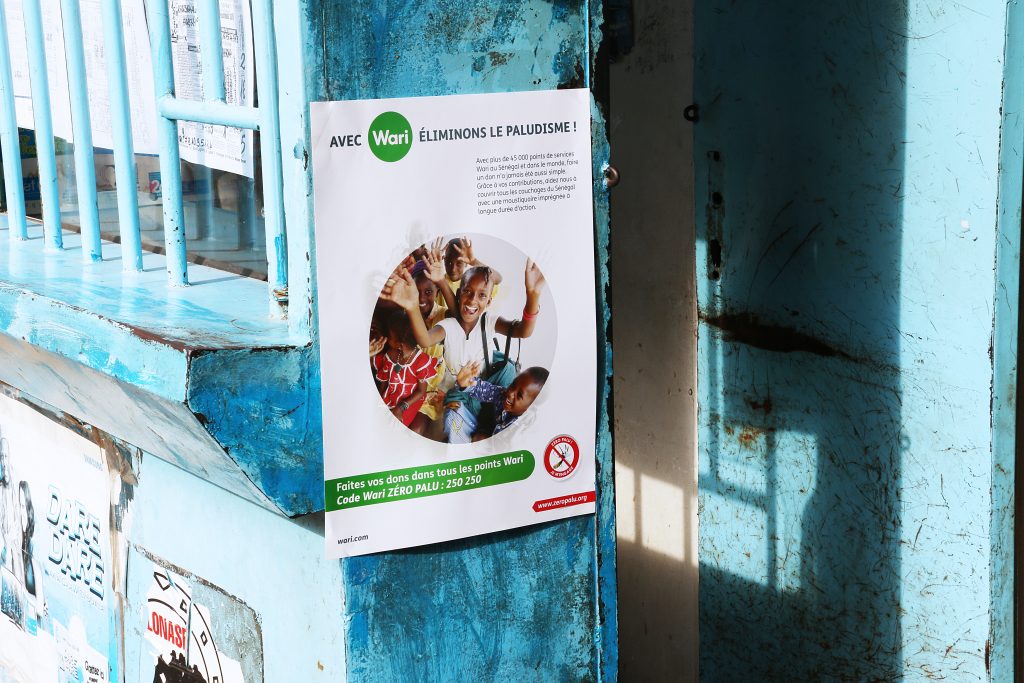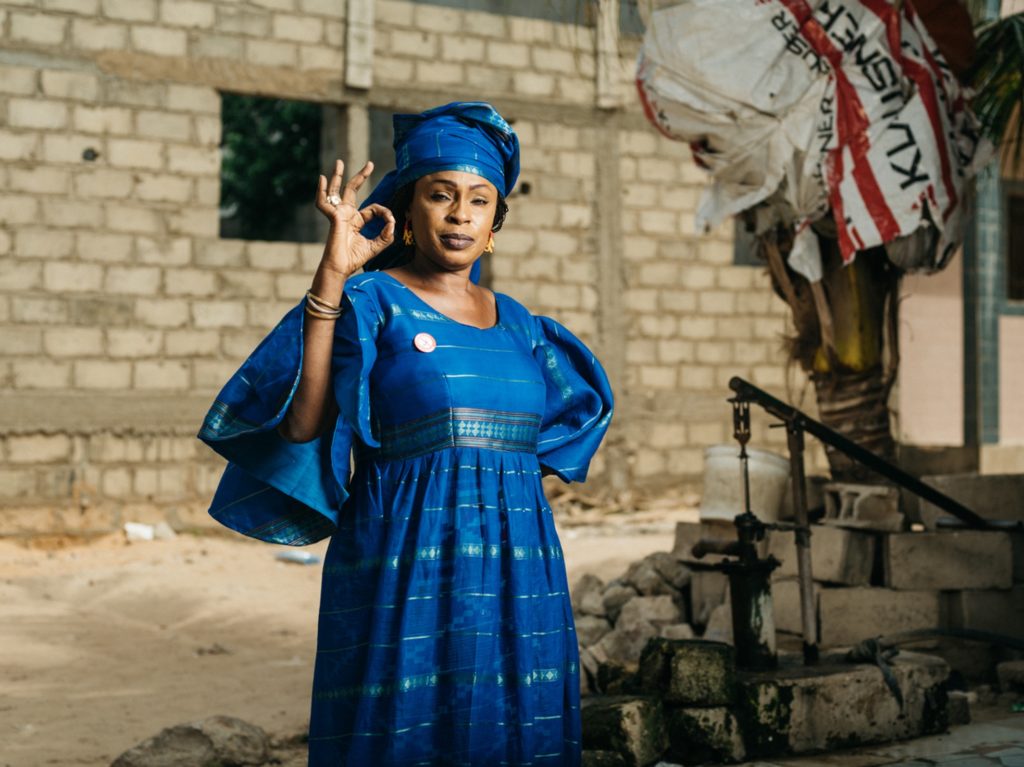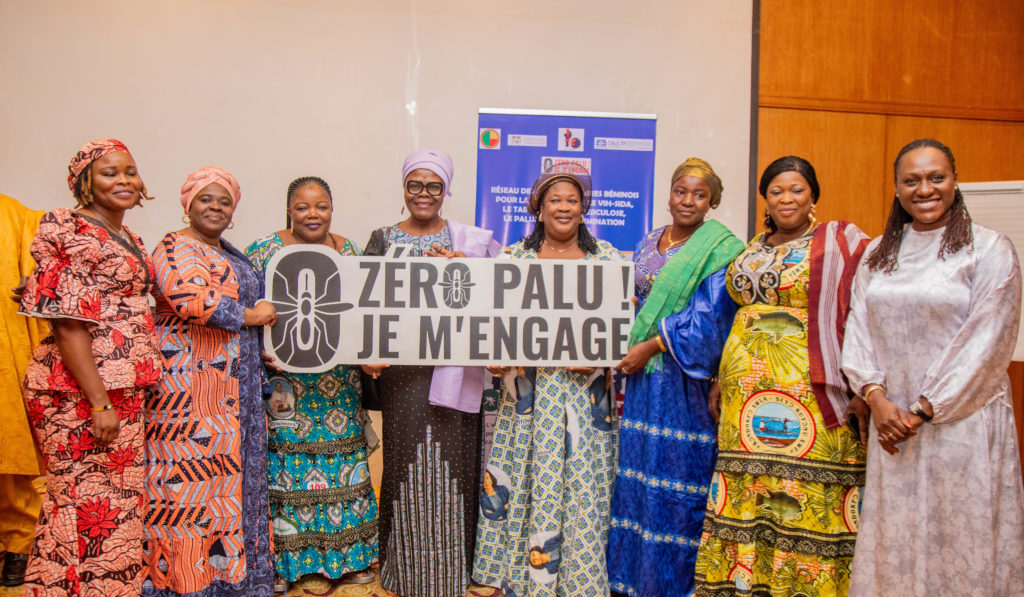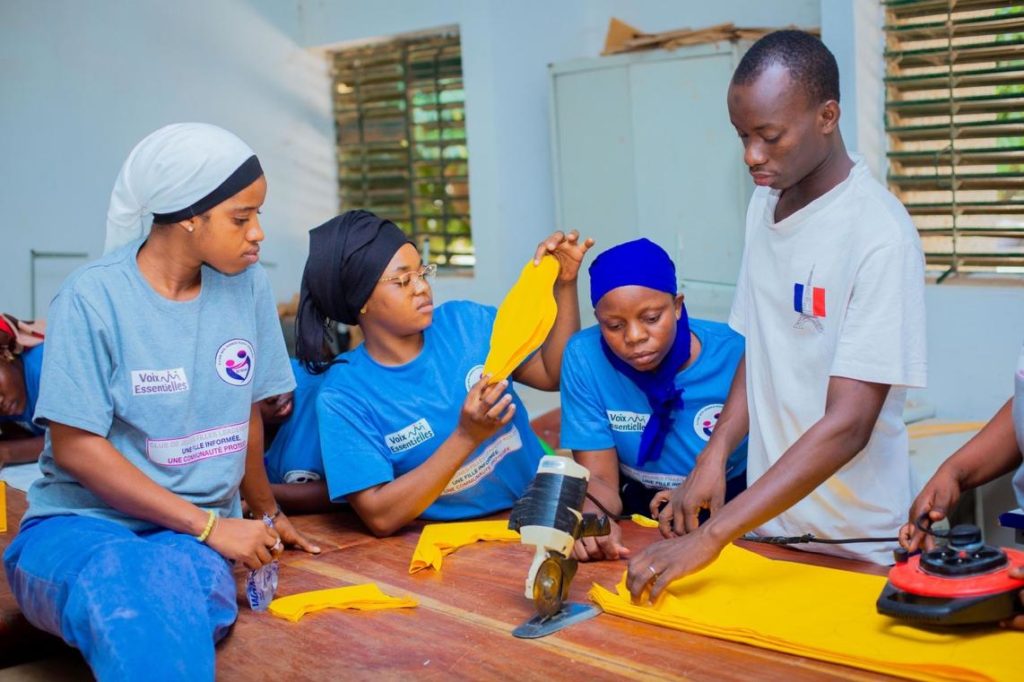Zero Malaria Starts with Me: Taking Responsibility to End Malaria

Senegal is making impressive progress against malaria
Between 2010 and 2016, Senegal’s commitment to fight malaria has led to an impressive 40 percent reduction in malaria cases. Between 2015 and 2017, cases dropped by almost 20%. Today, Senegal has one of the lowest malaria case incidence rates in West Africa.
Senegal’s success can be attributed to its long history of malaria control and elimination efforts, most notably the creation of the National Malaria Control Program (NMCP) in 1995. From the very beginning and increasingly over the years, Senegalese leaders at every levels of government have been committed to the fight against malaria and understood the importance of continued vigilance and the need to embrace innovative tools to accelerate progress.
Senegal’s NMCP plays a key role in the timely adoption, scale-up, and evaluation of the national package of malaria interventions. Through its energetic leadership, strong strategic plan implementation, and program oversight, national coverage of proven interventions, such as artemisinin-based combination therapies (ACTs) and rapid diagnostic tests (RDTs), long-lasting insecticide-treated nets (LLINs), intermittent preventive treatment in pregnancy (IPTp) are the cornerstone of Senegal’s malaria strategy, together innovative approaches like seasonal malaria chemoprevention (SMC), PECADOM+ (community case management) and mobile phone-based rapid reporting. Senegal has also focused on creating both public- and private-sector partnerships and diversifying funding sources to ensure sustainability.
A national campaign engages all Senegalese to actively fight malaria
In Senegal, communities play a vital role in the fight against malaria, as they are well-positioned to identify, understand, and assess the needs of vulnerable populations. To foster community ownership of antimalaria efforts, increase cross-sector collaboration, and improve the quality of information, the NMCP, in partnership with PATH MACEPA and Speak Up Africa, launched “Zéro Palu, Je m’engage!” (“Zero Malaria Starts with Me!”), a national campaign designed to create malaria-free communities across Senegal. This groundbreaking initiative set out to 1) bolster political commitment at all levels of government, 2) mobilize Senegal’s vibrant private sector to create new partnerships, and 3) increase community awareness and ownership of the issue.
The campaign’s central tenet is that everyone, from heads of state to business owners to community members, must take an active role in the fight against malaria and commit to doing their part.
It’s working. Since the campaign launched, the President and more than 180 political leaders, at the national and local levels, have publicly voiced their support for and commitment to end malaria. In 2017, Senegal was awarded 32M USD by the Lives and Livelihood Fund, an innovative financing mechanism, to support its malaria elimination efforts. Additionally, 14 private companies – both Senegalese and multinational — formed an anti-malaria coalition, and 37 national and international opinion leaders weighed in to emphasize the importance of staying focused on this national goal.
Community and celebrity champions are powering the fight
Central to the success of the “Zero Malaria Starts with Me!” campaign is the strong volunteer network of Community Champions. The Community Champions program supports national elimination efforts by training local volunteers to raise awareness of and promote their district’s existing interventions to ensure the people most affected by malaria are aware of the dangers, know what to do to prevent and treat the disease, and have access to prevention and treatment. In one of Senegal’s most populated districts, 20,000 people were reached directly by a group of eight Community Champions. who visited more than 3,800 households and conducted more than 120 awareness sessions.
In addition to the community champions, the campaign has engaged well-known athletes, politicians, musicians, and celebrities to promote best practices related to systematic use of insecticide-treated nets, early testing with RDTs in case of fever, and free treatment.
The campaign also the produced and broadcast ”Le Champion de Bonaba”, a fictional television 10-part series about a community champion who commits to ending malaria after losing his pregnant wife to the disease. The show, filmed in Wolof, a local language, was broadcast nationally to more than 1 million viewers per week.
The NMCP continues to seek out new partners and funding from the public and private sectors to help spread the “Zero Malaria Starts with Me!” messages and activities to every corner of the country and ensure every household is reached with critical, lifesaving information.
Taking personal responsibility to fight malaria is a pan-African goal
African leaders and citizens believe that to effectively eliminate malaria and prevent 400,000 Africans, most of whom are children under the age of 5, from dying each year, they must work together to stop the spread of this deadly disease.
In July 2018, the African Union Commission and the RBM Partnership to End Malaria launched a continent-wide Zero Malaria Starts with Me campaign inspired by Senegal’s success, which has gained the support and endorsement of 55 African heads of state. The goal is to reignite grassroots movements—led by individuals, families, communities, religious leaders, businesspeople, political leaders, and other members of society—to take personal responsibility for winning the fight against malaria. Thus far, over 30 countries have expressed an interest in joining the campaign, and several, including Cameroon, eSwatini, Ethiopia, Mozambique, Mauritania, Niger, Uganda and Zambia, have already or are about to launch national campaigns in support of the Zero Malaria Starts with Me movement.
Learn more about the campaign here: www.zeropalu.org


